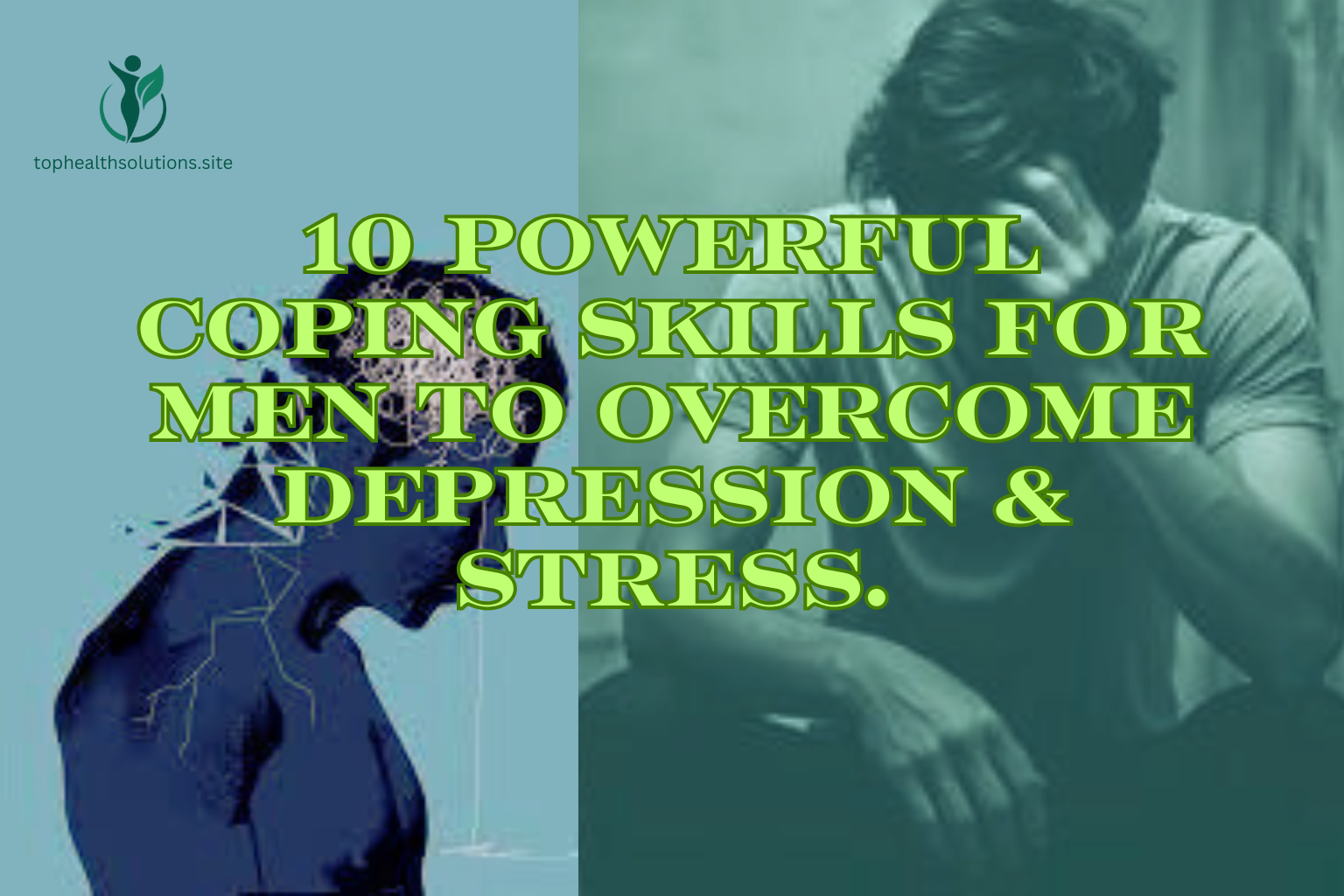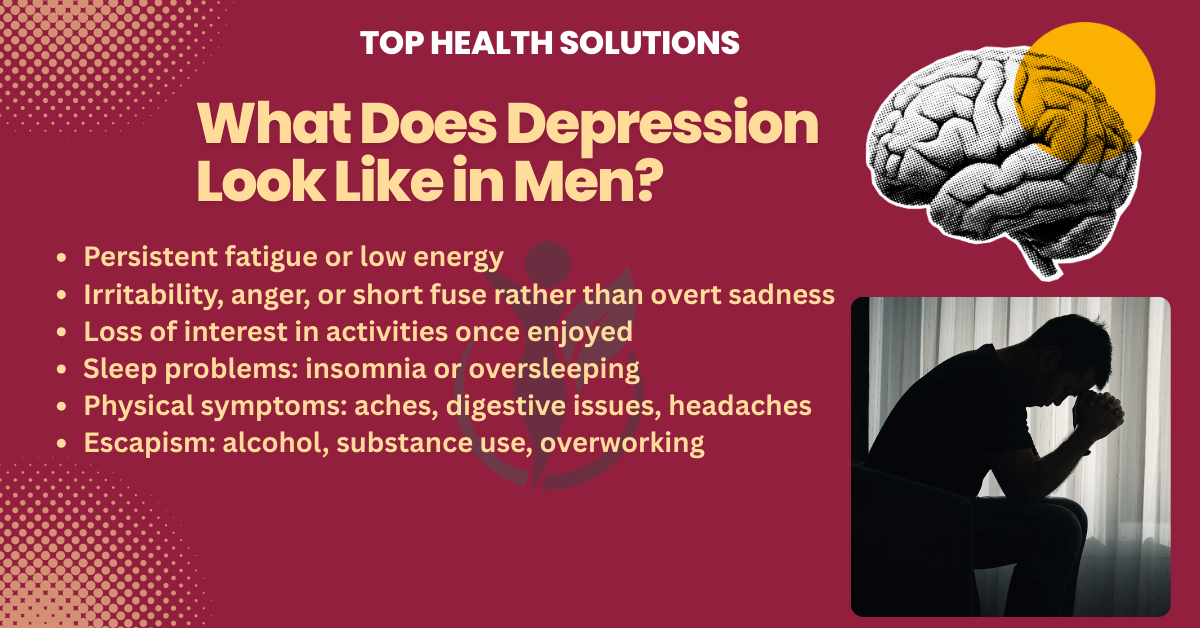| 1 | Physical Exercise & Movement | Boosts endorphins, reduces stress hormones, improves sleep and self-esteem. Engaging the body helps release tension and lifts mood. | Find an activity you enjoy—running, brisk walking, cycling, martial arts, gym. Aim for at least 30 minutes, 3-5 times per week. Even short bursts count. |
| 2 | Balanced Sleep Routine | Sleep is foundational. Poor sleep increases stress, impairs cognitive function, compensatory behaviors like irritability. | Set regular sleep/wake times. Avoid screens 1 hour before bed. Use dark, quiet, cool room. Limit caffeine in late afternoon/evening. |
| 3 | Healthy Nutrition | Brain chemistry depends on nutrients. Skipping meals or eating processed/unhealthy foods can worsen mood swings and energy dips. | Incorporate whole foods: lean protein, fruits & vegetables, healthy fats (e.g., fish, nuts), whole grains. Stay hydrated. Limit sugar, alcohol. |
| 4 | Mindfulness, Meditation, Relaxation | Helps interrupt negative thought patterns, reduces rumination, improves self-awareness and calm. | Try guided meditation apps, deep breathing exercises, progressive muscle relaxation. Even 5–10 min/day can shift mindset. |
| 5 | Positive Self-Talk & Cognitive Techniques | Negative self-beliefs fuel depression. Training your inner dialogue changes perception and reduces self-criticism. | Write down negative thoughts. Ask: is this thought true? What evidence supports/opposes it? Replace with balanced affirmations. |
| 6 | Purpose, Goals & Routine | Having structure and goals gives direction. Small wins build confidence. A plan reduces feelings of drift or being overwhelmed. | Set short-term goals (daily/weekly) and long-term goals. Build a daily routine that includes work, rest, hobbies, self-care. Review progress regularly. |
| 7 | Social Support & Connection | Loneliness intensifies depression. Trusted connections provide perspective, empathy, encouragement. Talking helps to lighten emotional burden. | Reach out to trusted friends/family. Join groups or communities. Seek a mentor or peer group. Consider professional support. |
| 8 | Engaging in Pleasurable/Hobby Activities | Doing things you enjoy re-activates purpose, gives relief, builds joy. Gives break from stress. | Identify hobbies you used to like or want to try—reading, music, art, gaming, nature walks, cooking. Schedule time for them. |
| 9 | Helping Others & Acts of Kindness | When you help someone else, it shifts focus and builds meaning. Offers sense of connection and purpose. | Volunteer, assist friends/family, small acts of kindness daily. Even listening or giving praise can help. |
| 10 | Professional Help When Needed | Sometimes self-help isn’t enough. Depression may need therapy, counseling or medical intervention. | If symptoms are persistent, severe, or interfering with daily life (work, relationships), seek a mental health professional—therapist, counselor, psychiatrist. Don’t wait until crisis. |





